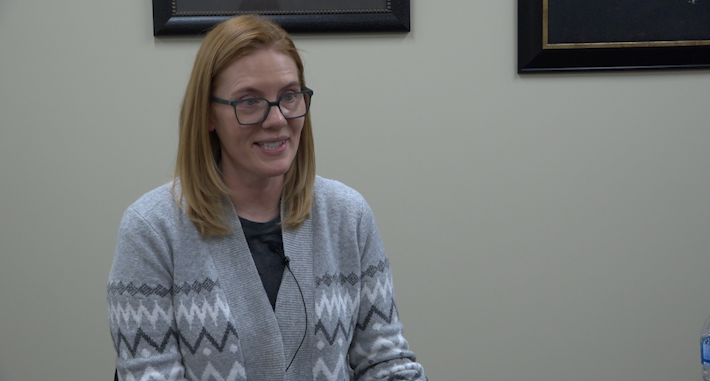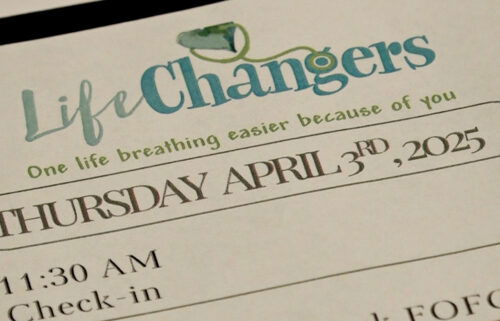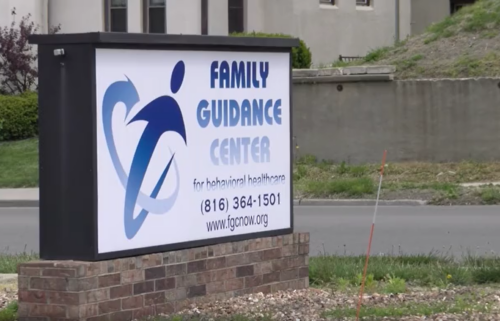Diet, exercise changes can help battle seasonal depression

By Jazmine Knight
The cold and dreary weather that winter months bring can leave people feeling down or lacking energy, but experts say a few lifestyle changes could help those with mild symptoms find motivation.
Kristina Hannon, co-CEO of the Family Guidance Center, said feeling downcast following the holidays could be seasonal affective disorder, or SAD.
“We do know that with people who have existing depression, we know that we do see an increase in depressive symptoms this time of year,” she said.
The Family Guidance Center receives many reports of people feeling down during this time of year.
“So a lot of times what you will hear is people not saying I’m depressed, but okay, I don’t feel like doing anything,” Hannon said.
“You can even see kids and teenagers are taking some days where they may want to withdraw from some of their friends and may not want to participate in activities that they previously did,” Hannon said.
Other common symptoms include increased alcohol consumption, disinterest in hygiene, isolation and a desire to indulge in comfort foods.
To combat these feelings, experts recommend sticking to a routine.
“Sticking to a schedule can be really important for a person with a very mild seasonal depression. Making sure, even if you don’t feel like getting up, even if you don’t want to go to work today, really try and make yourself get up and go to work today and stick to that schedule,” Hannon said.
Furthermore, you can incorporate more exercise and a better diet. Eating plenty of fruits, vegetables, fiber and lean protein can make a difference.
“So exercise can be very beneficial. So if you don’t belong to a gym, even trying, when it is reasonably warm and when it’s not negative 20 degrees, but going outside even for 15, 20 minutes a day and walking around can be very beneficial to you,” Hannon said.
Another tip is to build a support system.
“Make sure you are letting people know that you’re experiencing a seasonal depression so that your friends and family can then become your support system,” she said. “And sometimes people need episodes of talk therapy, so they may need to see a therapist, for six to eight sessions where they may need to start a new antidepressant.”
For those who are hesitant to see a therapist, a primary care provider can also offer resources to help.




